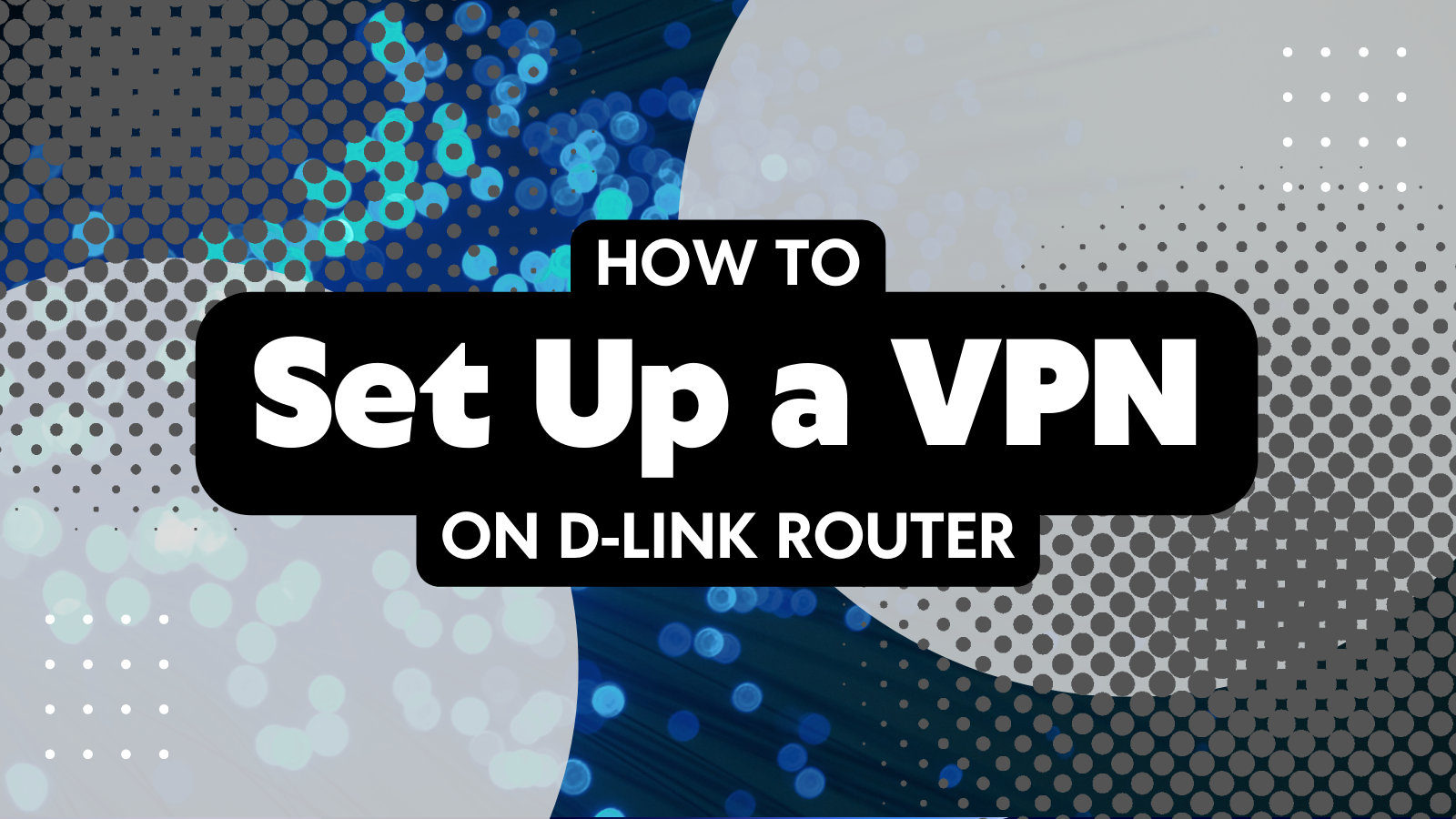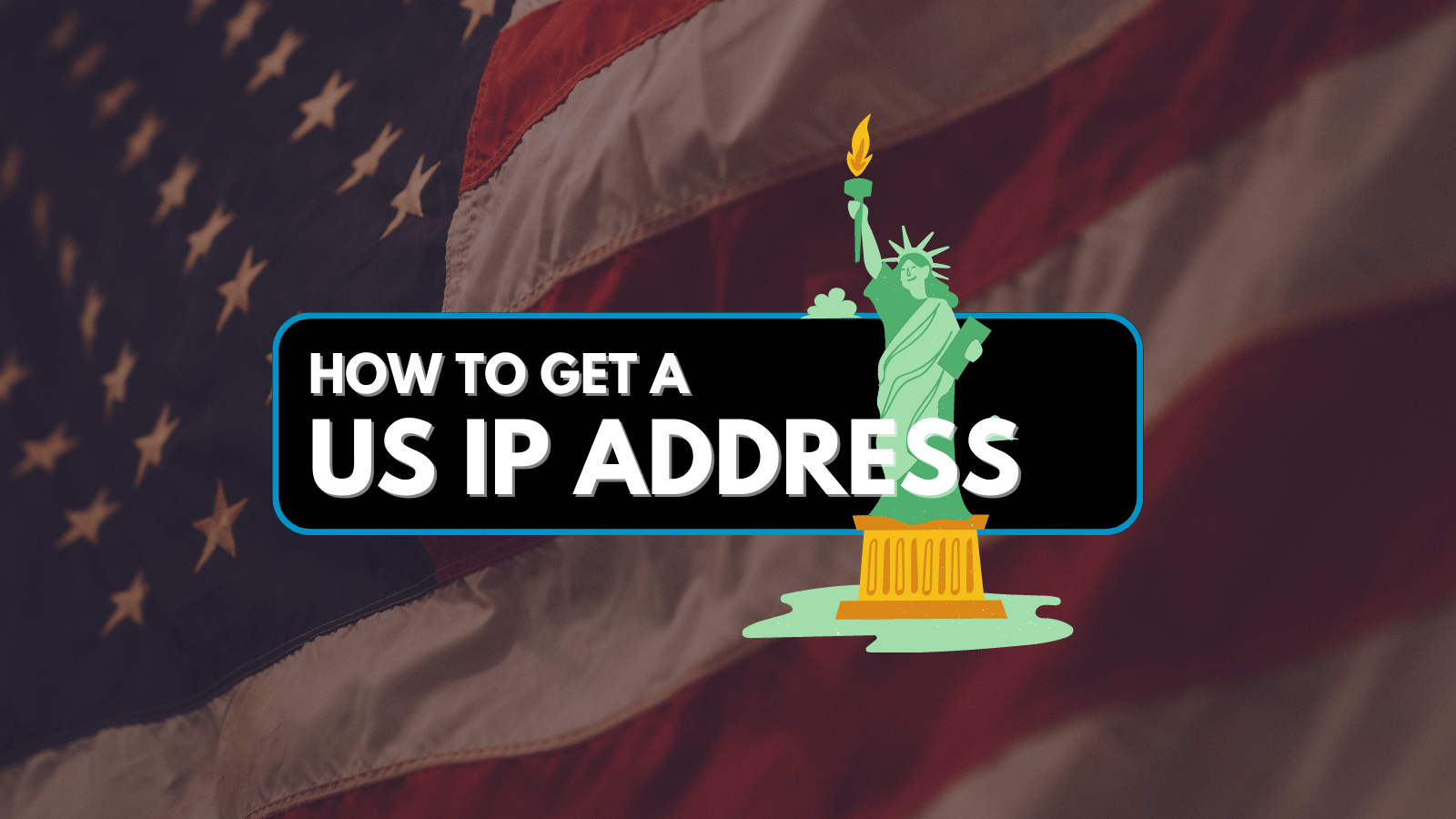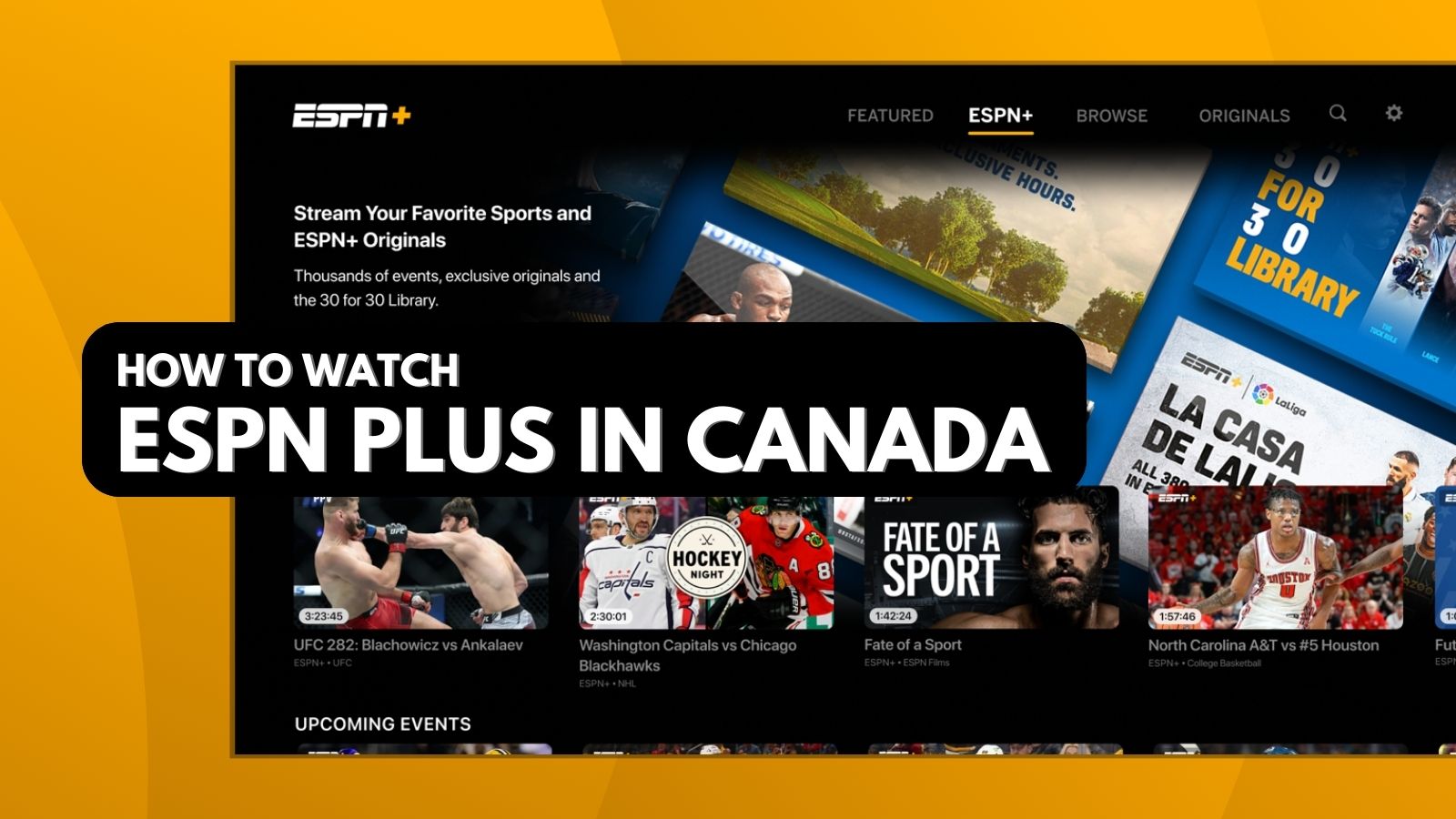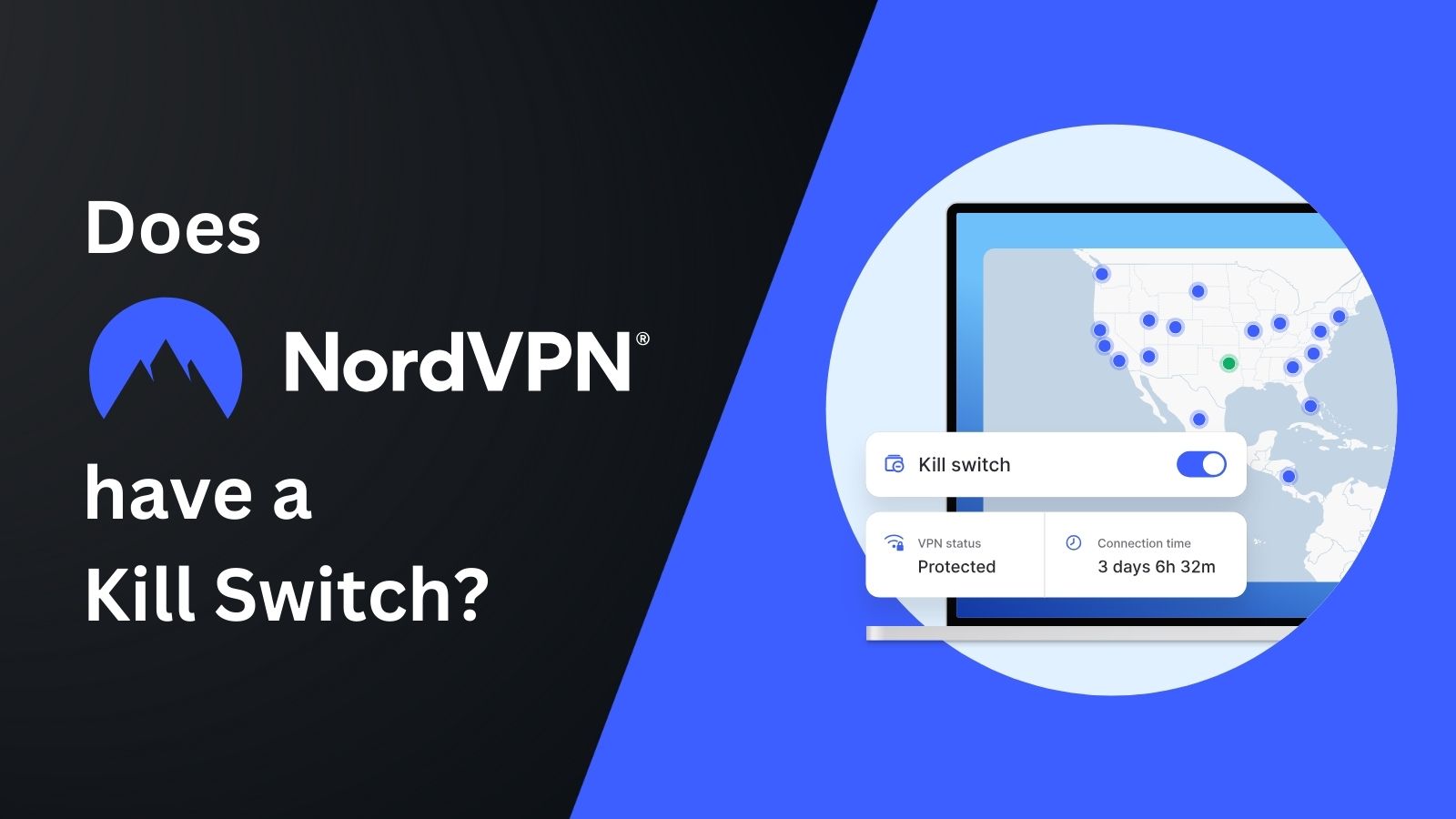
When you purchase through links on our site, we may earn an affiliate commission. Here’s how it works.
Pros and Cons of a VPN in 2025
By using a VPN, you can keep yourself safe from government surveillance, hide your identity from hackers, and a lot more. However, it is important to know both the pros and cons of a VPN before you start to use it.
Despite having numerous advantages, VPNs may not be desirable in every situation. For instance, while a VPN can unblock geo-restricted streaming websites, their speed drop-off can cause buffering issues. So, speed reduction is one of the biggest VPN cons. But you can reduce its impact by using a capable VPN with high-speed servers.
Similarly, a VPN can let you bypass ISP throttling and enjoy bandwidth-heavy activities like low-ping online gaming. But in some cases, VPNs cause latency spikes, which can have a negative impact on your gaming experience.
It goes without saying that there are two sides to using a VPN. In this article, we will talk about all the VPN advantages and disadvantages so that you can determine if they are well-suited to your specific needs.
Advantages of VPNs
VPNs come with many advantages, such as protecting your online privacy and sensitive data, hiding your location, bypassing geo-blocks and firewalls, securing torrenting, and more.
Let’s take a look at some of the biggest advantages of using a VPN.
1. Protect Your Online Privacy
Your online activities leave behind traces that can reveal information about your habits. Marketing firms, tech companies, and many other third-party services aggressively collect user data for advertisement purposes. In other words, such companies breach your privacy to generate a profit for themselves.
Similarly, Internet service providers (ISPs) also monitor their customers' online activity. They can log information about your browsing history, browser details, email, and daily habits from smart home devices connected to the Internet. That said, one of the biggest benefits of using a VPN is that they prevent digital tracking.
Now, you may also wonder whether your ISP can track your downloads. The quick answer is - yes, and a VPN will prevent that. VPNs hide your browsing history from the ISP by transmitting your data through a secure tunnel, making it impossible for anyone to intercept.
2. Secure Your Sensitive Data
When we use the Internet, our personal information, like private messages, passwords, and financial details, among other things, travel through many servers over long distances.
If your Internet data is not encrypted, it can be intercepted by hackers who can use it to commit bank fraud and other forms of identity theft. This risk is even higher when you use an unsecured public Wi-Fi network.
A VPN can prevent hackers from snooping into your private data by encrypting it. In simple terms, encryption turns your data into unintelligible code, which prevents anybody from reading its contents. However, VPNs with weak encryption can get hacked too. Hence, you should use a capable VPN that implements AES-256-bit encryption, as it is unbreakable.
3. Hide Your Location
Many Web services track your IP addresses to monitor your location and provide localized content with relevant search results. Of course, some users will have no issues with this.
However, websites like Google and YouTube push certain content to the top of search results based on your location. This can prove to be quite misleading. Region-based pricing is another scenario in which localization can hurt you. It’s not uncommon for Web services to set higher charges for users from first-world countries.
By hiding and choosing a different location, you can get discounted services and see content on Google and YouTube from your chosen location.
4. Unblock Geo-Blocked Sites
Have you ever been on holiday and tried to catch up on your favorite show, only to find out that it isn't available in your new location? Or maybe you live outside the US, and you’re unable to stream your favorite shows on Hulu due to geo-blocks?
It is not uncommon for streaming sites to restrict their content to certain countries. They usually do this due to their licensing agreements. But a VPN can help you bypass these geo-blocks.
When you use a VPN, it makes your traffic go through a server in a country of your choice, which makes it appear like you are browsing from that location. So, VPNs let you bypass geo-blocks and open up a whole new world of content, such as different Netflix libraries and region-locked videos on YouTube.
5. Bypass Firewalls
Picture this: you're using a public college WiFi network, trying to visit a site, and you find out it's blocked. That’s because the firewall is blocking that website on the network. Simply put, firewalls are designed to prevent unauthorized access to or from a private network.
It can be annoying when firewalls block access to legitimate sites due to network policies, especially in places like schools and offices. Similarly, authoritarian countries like China restrict social media websites like Facebook and Twitter in a similar way.
A VPN allows you to bypass firewalls by encrypting and tunneling your traffic. In such scenarios, a feature called VPN obfuscation plays a big role. It hides the fact that you are using a VPN from network administrators and ISPs. Hence, you can easily sneak past even the toughest of all firewalls without getting noticed.
6. Improve Your Gaming Experience
Some online games have servers designated for specific regions. For example, Valorant players belonging to Europe and the Middle East cannot connect to a server in the North America region to play with their friends abroad. Competitive games sometimes have region-based servers which means that you can only play with friends within your region.
If you use a VPN for gaming, you can bypass such restrictions. All you have to do is to connect to a VPN server in another region and create a new account. At the same time, a VPN can also help bypass ISP throttling, a practice by some ISPs to slow down your Internet connection.
Plus, there's the security aspect. A VPN can also protect you from DDoS (distributed denial of service) attacks from other gamers by hiding your real IP address. In a DDoS attack, the attacker attempts to disrupt your network by flooding it with more traffic than it can handle. You can be at the risk of such attacks if you connect to an unofficial or third-party gaming server.
7. Secure Torrenting
Torrenting can be risky because it exposes your IP address to other peers in the torrent swarm. This exposure could potentially invite all sorts of trouble, from hackers to legal issues.
A good VPN secures torrenting by encrypting your connection and hiding your real IP address, making your torrenting activity private. If you use a VPN for torrenting, you can safely download and share files without worrying about prying eyes tracking your every move.
But remember, this is about safety and privacy, not an invitation to do anything illegal. We do not condone downloading or sharing pirated content through torrents.
Disadvantages of a VPN
While VPNs are certainly useful, they are not immune to some disadvantages, such as a specific reduction in Internet speed, complicated setup, subscription costs, and more. Let’s take a look at some of their biggest cons.
1. They Can Slow Down Internet Speed
Using a VPN can slow down your Internet connection because your connection is redirected and encrypted through a VPN server.
However, that speed drop-off is generally much worse when you use a free VPN, as their servers are usually overcrowded. But why does a VPN slow down the Internet speed? That is because VPNs route your Internet traffic to an intermediary server before sending it forward. Encrypting and decrypting your data can also add a little bit of delay.
Many users may not experience a noticeable difference in their Internet speed during regular browsing. However, it may impact certain activities that require a fast connection. For instance, VPNs can cause high ping and latency in online games, which can negatively affect your gaming experience.
To counter this, you can choose a premium VPN like ExpressVPN that has lightning-fast speeds.
2. Some VPNs Can Be Complicated to Set Up
If you are not using a preconfigured VPN client, then the setup can be quite complicated. You have to pick the right server location, figure out the right protocol to use, and sometimes even do manual configuration that requires a bit of technical know-how.
For example, it may be easy and straightforward to install a VPN client on Windows or Mac. However, when it comes to installing them on a router, it’s an entirely different story.
While many VPN providers have streamlined their setup processes and offer great customer support with Web guides, it's not always a smooth ride, especially for users who have no prior experience with VPN setup.
3. Cost of Subscription
Capable VPN services are not free, and they are usually based on a subscription model. After all, the providers have to cover the expenses involved in maintaining a global network of servers.
Of course, free VPNs are also available. However, we do not recommend them because they come with data limitations and weak security. Some free VPNs have also been involved in shady practices in the past, such as infecting users with spyware.
However, most of the paid VPNs are quite affordable. Their costs are generally comparable to a single cup of coffee, and when you think about the long-term benefits and protection, it’s a small price to pay.
4. Some Countries Ban VPNs
Unfortunately, not all countries are VPN-friendly. In fact, there are some countries where VPNs are banned or illegal. For example, North Korea has declared it illegal to use a VPN. On the other hand, states like Russia only allow VPNs from companies that agree to log user data and share it with the government.
Of course, this disadvantage does not apply to everybody. That is because VPNs are legal in the majority of countries. It is important for users to assess the VPN benefits and risks in their country, especially from a legal standpoint.
5. Not Compatible With All Devices
Although VPNs support a wide range of platforms, they are often incompatible with some devices, like smart TVs and gaming consoles. Nevertheless, you can solve this issue by configuring the VPN on your home router.
Installing a VPN on a VPN-ready router will automatically protect all devices connected to that router. While it can be a complex process, most VPN providers offer detailed guides and support.
Final Thoughts
VPNs are very useful if you want to protect your online privacy and keep yourself safe from the prying eyes of surveillance agencies. They’re also great tools for unblocking geo-restricted services and localized content across the Web.
However, it’s important to compare both pros and cons of a VPN. One of the biggest VPN cons is that they drop off your connection speed by more than 10%. Furthermore, they’re also heavily restricted behind a firewall in certain authoritarian countries.
Using a premium VPN helps you maximize the VPN pros and minimize the disadvantages. We recommend ExpressVPN due to its lightning-fast speeds and top-notch security.
We hope that you now understand all the pros and cons of a VPN. If you have any questions or additional remarks related to this article, feel free to comment below.





